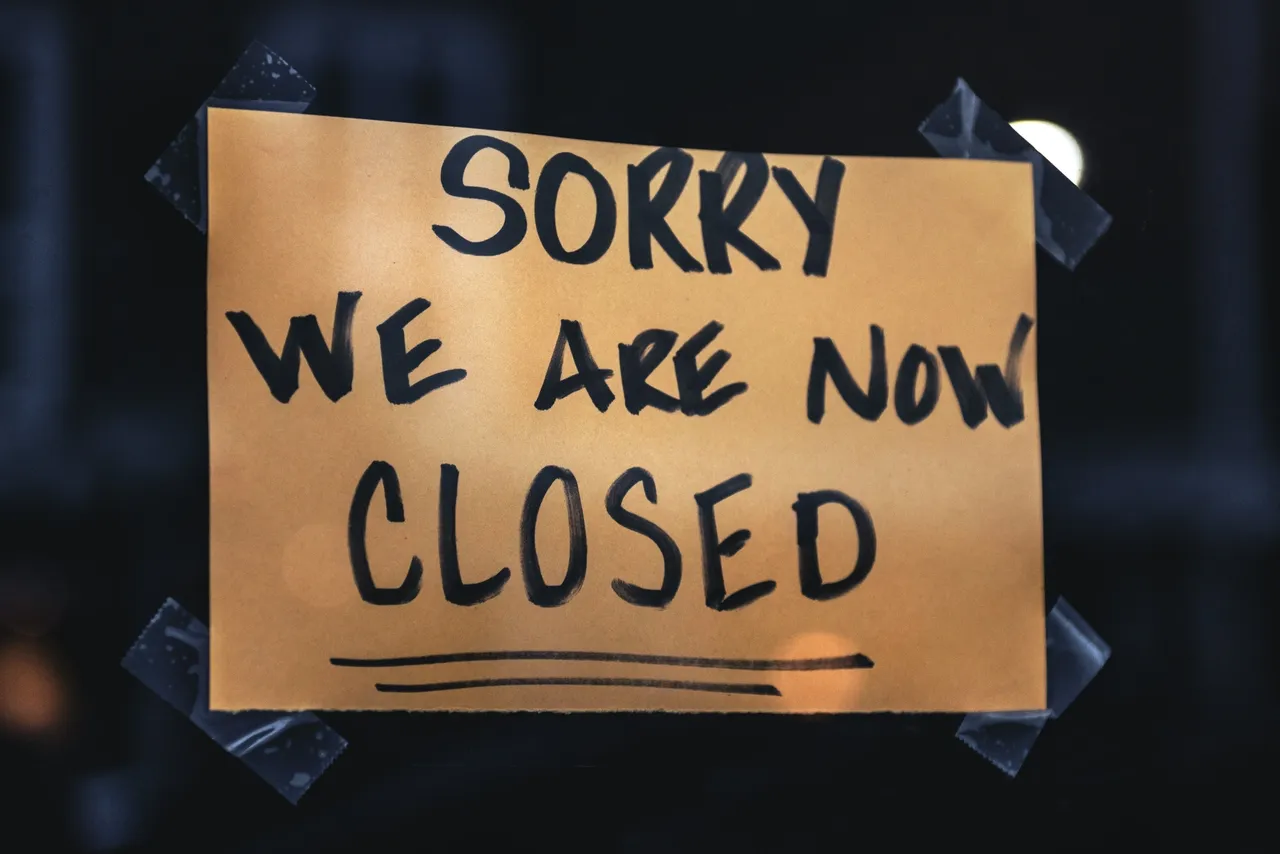Having a corporation or LLC file a chapter 7 bankruptcy case to clean up business debt after a small business has gone out of business may seem attractive to a business owner. But in almost all cases, having a business file a chapter 7 bankruptcy should be avoided. One of the big reasons is that corporations and LLCs can’t receive a bankruptcy discharge in a business chapter 7 case. Section 727 of the Bankruptcy Code says that only people can receive chapter 7 discharges.
But there are other reasons besides the lack of a discharge for business owners to shy away from having their business file bankruptcy. Let’s look at four complications that can come up in a corporate chapter 7 case.
The chapter 7 trustee controls the business checkbook. Once the chapter 7 case is filed, the chapter 7 trustee takes control of the business. And even in a case where the business is no longer active, there might be property assets or bank accounts that the trustee can take over to cover the trustee’s costs of administering the bankruptcy and pay business creditors, rather than pay business taxes or overdue payroll for which the owner is on the hook personally.
The trustee can look at the dealings between the corporation and its shareholders. It’s
common to have businesses “loan” money to shareholders so that the shareholder does not pay income taxes on the money the corporation pays out. If a business that’s been doing that files a bankruptcy, the trustee can sue the shareholders to collect a loan that has not been repaid.
The trustee can avoid corporate payments to insiders. Even if the corporation made legitimate payments to shareholders (for shareholder loans to the corporation, for instance), the trustee can avoid those payments (that means collect the money from the shareholders) for the benefit of business creditors.
The trustee liquidates assets – which means the assets won’t be sold for top dollar. Trustees are required to liquidate assets. So, the assets get sold in bulk, or at an auction in which mostly wholesalers participate. That means that the asset that the business purchased for retail cost gets sold for less than wholesale, and if the asset is aged, much less than wholesale. This is important, since most business owners have guaranteed the repayment of business loans. And if the collateral for the loan is sold without the sale covering the loan balance, the owner is liable for the deficiency.
The bottom line of all this is that bankruptcy may be the best option for a business owner when a business goes out of business, but in most cases, that bankruptcy case should be filed by the business owner personally, to discharge the owner’s guarantee of a business loan, rather than put the corporation or LLC through a bankruptcy itself.
If you are a business owner facing financial difficulty, talking with an experienced bankruptcy lawyer, like the lawyers at Kain + Henehan, can save a lot of time, trouble and money. To set up a time for a free, no-obligation initial consultation, find us online at www.kainhenehan.com.

